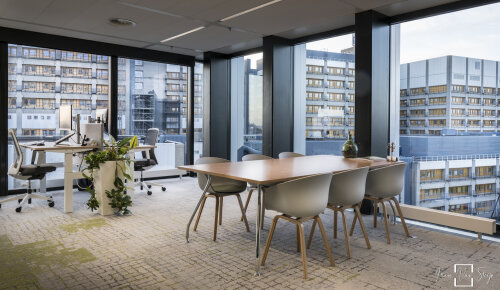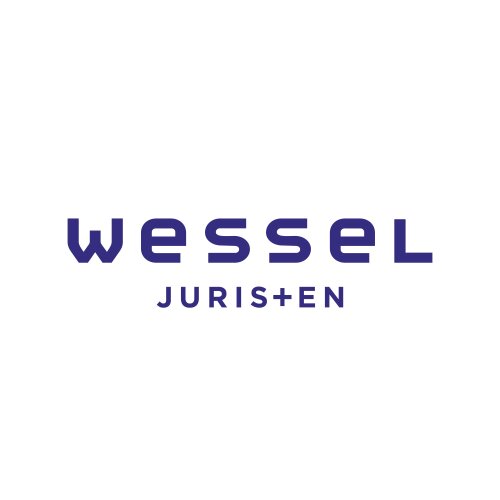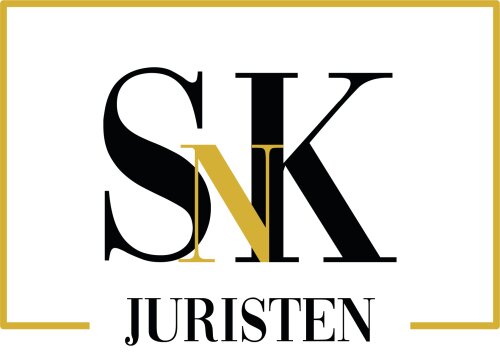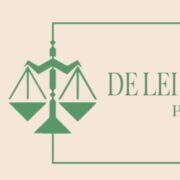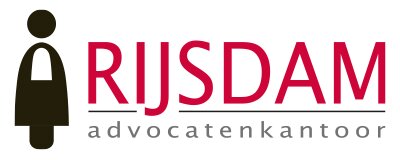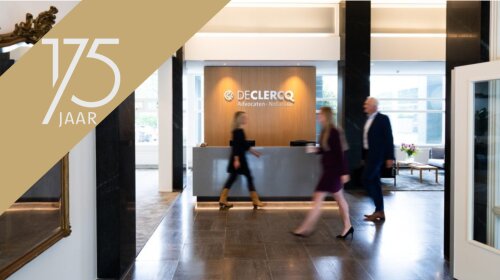Best ADR Mediation & Arbitration Lawyers in Leiden
Share your needs with us, get contacted by law firms.
Free. Takes 2 min.
List of the best lawyers in Leiden, Netherlands
About ADR Mediation & Arbitration Law in Leiden, Netherlands
Alternative Dispute Resolution (ADR) encompasses a variety of methods for resolving disputes without court intervention. In Leiden, Netherlands, ADR mainly includes Mediation and Arbitration, both recognized and encouraged by Dutch law. Mediation involves a neutral third party guiding disputing individuals or organizations toward a mutually acceptable agreement. Arbitration, in contrast, allows one or more arbitrators to review the facts and make binding decisions. These processes aim to offer effective, confidential, and often faster alternatives to traditional court litigation, making them attractive for individuals, businesses, and organizations in and around Leiden.
Why You May Need a Lawyer
There are several situations in which seeking professional legal advice or representation in ADR Mediation & Arbitration is highly beneficial:
- Complexity of disputes involving significant financial, commercial, or employment interests
- Cross-border or international issues, especially since Leiden hosts diverse international communities
- Lack of familiarity with Dutch ADR procedures, especially for expatriates or foreign entities
- Disputes where the parties' relationship is ongoing and preserving it is important, such as family or business disagreements
- Imbalance of power or negotiation skills between parties requiring additional legal support
- Ensuring enforcement of an arbitration award or mediated agreement
- Guidance in drafting or reviewing ADR clauses in contracts
Local Laws Overview
The Dutch legal system, including in Leiden, supports ADR through comprehensive national legislation alongside international treaties. The main frameworks are:
- Mediation: Governed by general contract law, the Dutch Code of Civil Procedure, and ethical guidelines from national mediation organizations. Mediation is voluntary and confidential, and agreements reached are usually binding upon the parties.
- Arbitration: Primarily covered by Art. 1020-1076 of the Dutch Code of Civil Procedure (Wetboek van Burgerlijke Rechtsvordering). The Netherlands is also party to the New York Convention, which ensures most international arbitration awards are recognized and enforceable.
- Institutions: Netherlands Arbitration Institute (NAI) and MfN (Mediation Federation Netherlands) provide rules and certified professionals for ADR proceedings.
- Local Courts: The District Court in The Hague serves Leiden for certain legal matters. Courts generally support ADR and may encourage or order parties to attempt mediation before continuing litigation.
Dutch law strongly favors the enforceability of ADR outcomes, provided parties followed correct procedures and public policy is not breached. Confidentiality and impartiality are fundamental principles in both mediation and arbitration.
Frequently Asked Questions
What is the difference between mediation and arbitration?
Mediation involves a neutral mediator helping parties reach a voluntary agreement. Arbitration is a more formal process in which an arbitrator makes a binding decision after hearing both sides.
Are ADR agreements legally binding in the Netherlands?
Yes, agreements reached through mediation or arbitration are usually legally binding. An arbitration award can be enforced like a court judgment. Mediated agreements can also be registered with a court for enforceability.
Can anyone act as a mediator or arbitrator in Leiden?
Not everyone can. It is advisable to use certified mediators (often registered with MfN) or arbitrators affiliated with recognized organizations such as the NAI for quality and credibility.
How confidential are ADR proceedings?
Confidentiality is a core principle in ADR. Both mediation and arbitration are private, and discussions or documents are generally not disclosed outside the process.
Do I need a lawyer to participate in mediation or arbitration?
While it is not required, having a lawyer ensures your interests are protected, especially in complex or high-stakes matters.
What kinds of disputes are suited for mediation or arbitration?
ADR can be used for commercial disagreements, employment issues, family disputes, consumer disputes, and more. Some cases, such as criminal matters, are generally not suitable for ADR.
How long do mediation or arbitration processes take in Leiden?
ADR is typically faster than court proceedings. Mediation may resolve in a few sessions, while arbitration can take several months depending on complexity.
How is an arbitration award enforced in the Netherlands?
An arbitration award can be enforced through the Dutch courts, which usually recognize and uphold such awards unless there are legal defects.
Can ADR be conducted in English or other languages?
Yes, ADR in Leiden can often be conducted in English or other languages as agreed by the parties, reflecting its international population.
What happens if ADR fails and no agreement is reached?
If mediation or arbitration does not resolve the dispute, parties may still pursue litigation in court, unless they are contractually bound to resolve disputes by arbitration.
Additional Resources
For further support and information on ADR Mediation & Arbitration in Leiden, consider contacting or visiting the following:
- Mediation Federation Netherlands (MfN) for certified mediators and standards
- Netherlands Arbitration Institute (NAI) for guidance on arbitration proceedings
- Local Bar Association (Leidse Orde van Advocaten) for lawyer referrals
- Leiden legal aid centers for preliminary advice, especially for those with limited means
- District Court The Hague for information on registering mediated agreements or enforcing arbitration awards
- International organizations based in Leiden for support in cross-border disputes
Next Steps
If you believe your situation could benefit from ADR Mediation & Arbitration, consider the following actions:
- Gather all relevant documents, contracts, and communications related to your dispute
- Decide whether mediation (facilitated negotiation) or arbitration (binding decision) best suits your needs
- Consult with a lawyer experienced in ADR to assess your rights and best options
- Check if there are any ADR clauses in existing contracts that specify procedures or institutions
- Contact local or national organizations such as MfN or NAI for recommendations and to find certified professionals
- If cost is a concern, seek out legal aid services or inquire about subsidized mediation programs
- Start with an initial consultation to understand the process, timeline, fees, and likely outcomes in light of your case
Exploring ADR can lead to quicker, more amicable, and cost-effective resolutions. Engaging a qualified legal professional ensures your interests remain protected throughout the process.
Lawzana helps you find the best lawyers and law firms in Leiden through a curated and pre-screened list of qualified legal professionals. Our platform offers rankings and detailed profiles of attorneys and law firms, allowing you to compare based on practice areas, including ADR Mediation & Arbitration , experience, and client feedback.
Each profile includes a description of the firm's areas of practice, client reviews, team members and partners, year of establishment, spoken languages, office locations, contact information, social media presence, and any published articles or resources. Most firms on our platform speak English and are experienced in both local and international legal matters.
Get a quote from top-rated law firms in Leiden, Netherlands — quickly, securely, and without unnecessary hassle.
Disclaimer:
The information provided on this page is for general informational purposes only and does not constitute legal advice. While we strive to ensure the accuracy and relevance of the content, legal information may change over time, and interpretations of the law can vary. You should always consult with a qualified legal professional for advice specific to your situation.
We disclaim all liability for actions taken or not taken based on the content of this page. If you believe any information is incorrect or outdated, please contact us, and we will review and update it where appropriate.



